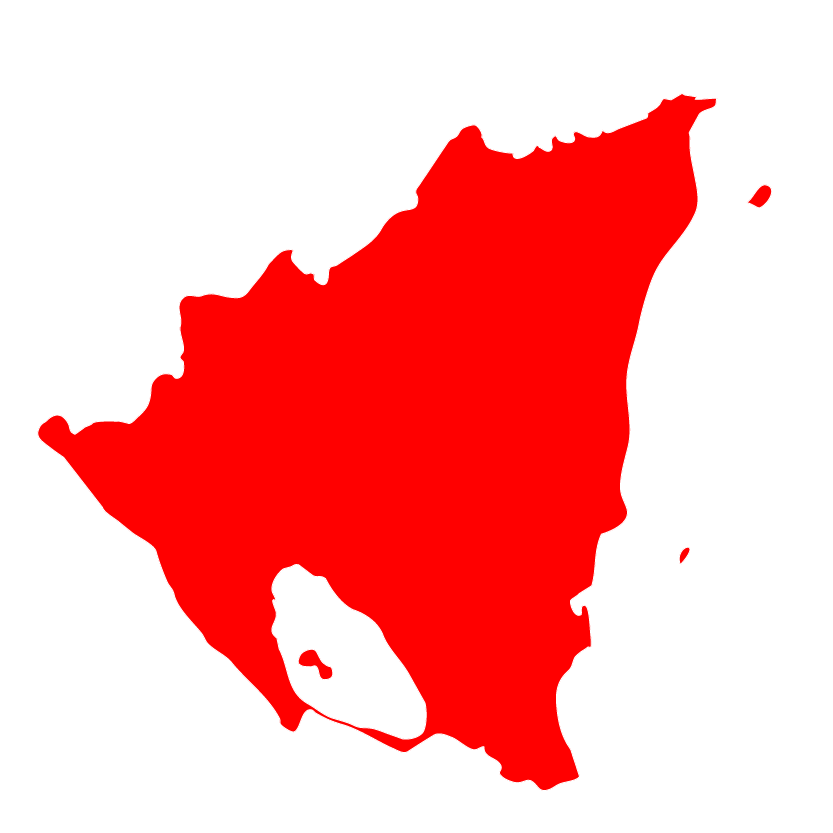The human rights situation in Nicaragua as observed by the Inter American Commission on Human Rights (IACHR) in relation to the violent events that have been taking place since the State repressed the protests on April 18, 2018, and subsequent events over the following weeks. According to figures gathered by the IACHR, the State’s repressive action has led to at least 295 deaths, 1,337 persons wounded as of June 19, and 507 persons deprived of liberty as of June 6, and hundreds of persons at risk of becoming victims of attacks, harassment, threats and other forms of intimidation. According to the government on July 28, the deaths were 195; it has been very difficult to keep an exact count since the revolt began in Nicaragua.
According to the Nicaraguan Association for Human Rights (ANPDH)) in its report as of July 11 indicates that there are 351 deaths (306 were civilians, 28 paramilitaries, 16 polices and a soldier one from the Army), 2,100 injured and 329 kidnapped. According to the Nicaraguan Foundation for Economic and Social Development (FUNIDES), there are two possible scenarios: The first scenario assumes that the government accepts to leave, thus achieving a framework of understanding focused on issues of justice and democratization, ending repression, violence and citizen insecurity. In this scenario, the economic growth rate for 2018 would contract to -0.03 percent in relation to 2017 and the economy would face losses of US $638 million. The second scenario assumes that there is no interest from the government to seek a negotiated solution to crisis, which leads to a prolonged and intensified crisis for the rest of the year. In this scenario, the economic growth rate would contract to -5.6 percent in relation to 2017 and the economy would face losses of US $1.4 billion. There are approximately 1.3 million people in risk of falling into poverty in the coming months. Likewise, the crisis has disrupted the daily routines and the collapse of the protection mechanisms of society, including the loss of the organizational referents of society, which has affected the physical and mental health of people.
